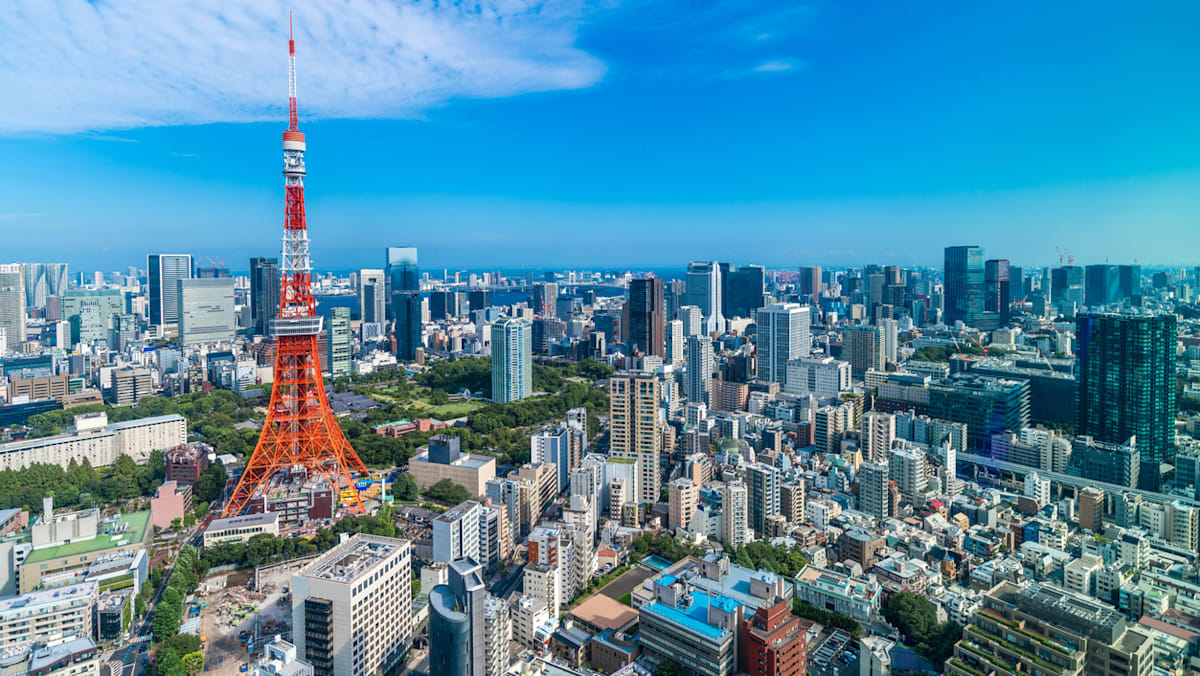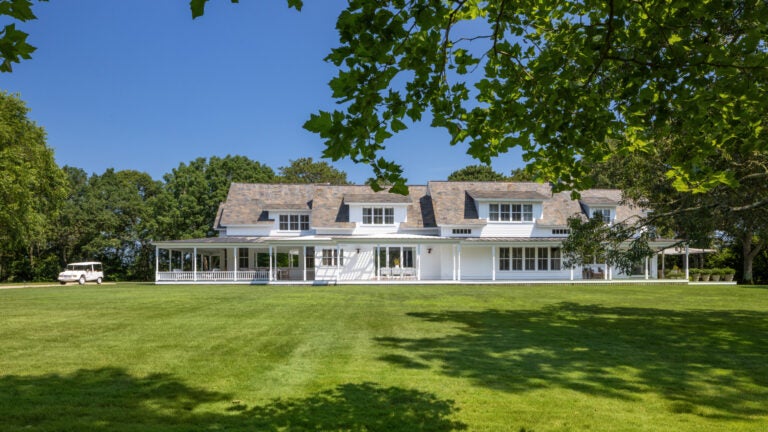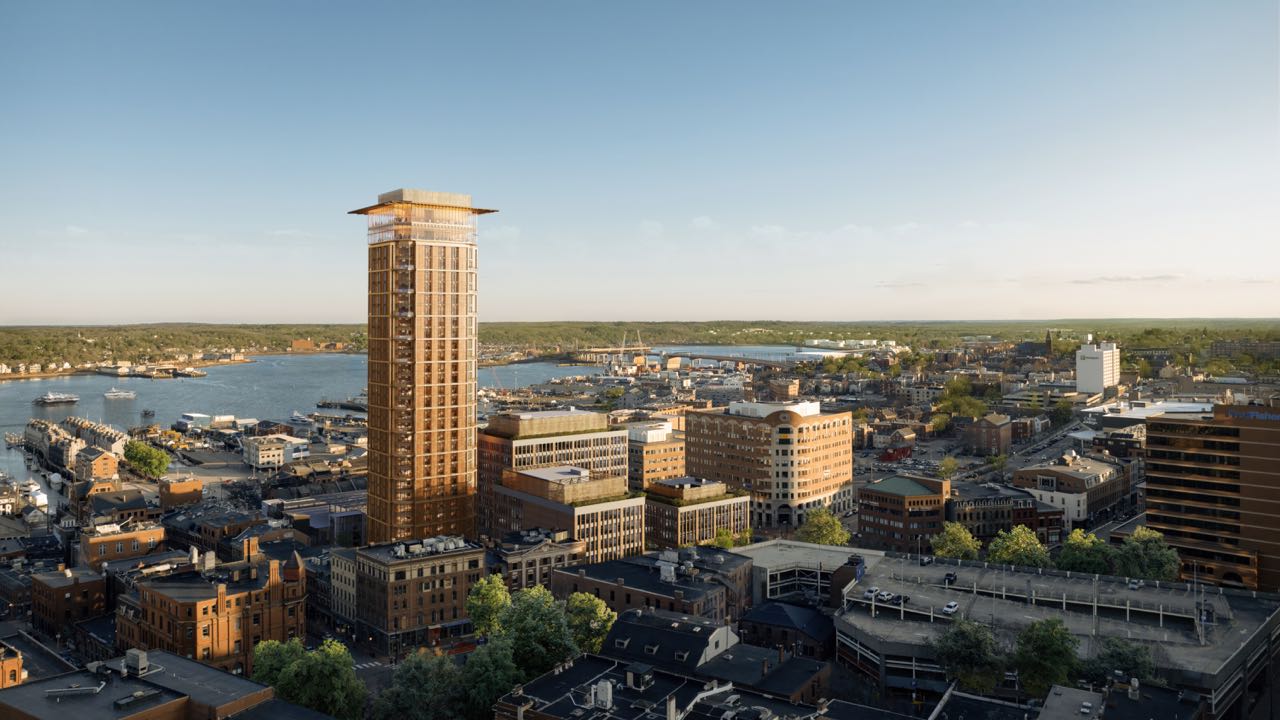S
ingapore investors now dominate Japan’s real‑estate scene, accounting for half of all purchases and surpassing Hong Kong buyers. FM Investment, a local firm, has escalated its outreach from a handful of events a year to at least fifteen in 2025, covering Tokyo, Osaka, Nagoya and Kyoto. The surge is driven by a weak yen, booming tourism, and attractive rental yields.
The yen’s decline has boosted foreign buying power. At present, one Singapore dollar equals 117.6 yen—about 12 % more than three years ago when Japan reopened to tourists. Lower acquisition costs translate into better value per square foot. Japan’s benchmark borrowing rate sits at 0.5 %, comfortably below most Asian peers, and the new prime minister, Sanae Takaichi, signals a continued low‑rate stance, further easing financing.
Tourism fuels demand for short‑term rentals. Osaka welcomed 14.6 million visitors last year, with a target of 16 million this year. The World Expo drew 27 million visitors over six months, amplifying the need for accommodation. Japan’s reputation as a safe haven and its familiarity to Singaporeans make it an attractive alternative to markets like Australia and the UK, where higher domestic rates erode yields.
Singapore’s own property market adds a push factor. Additional buyer’s stamp duty makes owning multiple homes costly, while Japan imposes no restrictions on foreign ownership, drawing investors seeking diversification.
Most Singapore buyers target investment properties, especially short‑term rentals for tourists, though some seek retirement or holiday homes. Centrally located apartments are preferred for their ease of management and higher rental potential. Tokyo remains the flagship destination, with prime districts such as Roppongi and Shibuya commanding prestige. Osaka, Japan’s third‑largest city, offers roughly 30 % lower prices, higher yields (about 5 % versus 3 % in Tokyo), and fewer constraints on short‑stay operations, making it increasingly popular.
Infrastructure projects sweeten the deal. A multibillion‑dollar casino resort slated for 2029 is expected to boost tourism further, while demand for short‑stay accommodation in Osaka has reached an all‑time high. Beyond the major cities, investors are exploring Nagoya, Fukuoka and Yokohama, where entry points are even lower.
Property firms are responding with targeted seminars and curated offerings. Savills Singapore shifted its focus from resort investments to residential properties, running multiple five‑week campaigns that each attracted around 200 inquiries. Sales initially lagged but accelerated in June as concerns over U.S. tariffs and low‑yield fixed deposits waned. “When Singapore rates fell, investors looked elsewhere for better returns,” said Ruben Koh, head of international residential sales.
Realion’s OrangeTee partnered with Tokyu Livable, one of Japan’s largest agencies, to offer a portfolio of renovated apartments with 10‑year warranties. “In many prime areas there’s no land left for new builds,” said OrangeTee’s CEO, Justin Quek. “The only way to access well‑located units is through the secondary market.”
Despite the enthusiasm, investors face several complexities. Short‑stay rules (minpaku) vary by city and can change; some Tokyo districts restrict operations to weekends and holidays, while Osaka’s year‑round allowance may be curtailed amid resident complaints. Mortgage availability differs by location; for example, in Nagoya banks offer 50‑60 % loan‑to‑value ratios versus 70 % in Tokyo and Osaka. Yen weakness can also erode returns when profits are converted back to Singapore dollars, especially if the Singapore dollar strengthens.
Exit strategy is another consideration. Japan’s resale market is relatively liquid, with no restrictions on foreign sales and a sizable buyer pool from China and Taiwan. However, the market has historically been tepid, though it has become more active since 2024 as inflation lifts and the country exits deflation. “The market is healthy in the big cities and smaller‑ticket properties change hands quickly,” noted Savills’ Koh.
In summary, Singapore investors are reshaping Japan’s property landscape through a combination of favorable currency dynamics, tourism growth, and attractive yields, while navigating regulatory nuances and market liquidity. The trend signals a sustained shift toward Japan as a preferred destination for overseas real‑estate investment.















